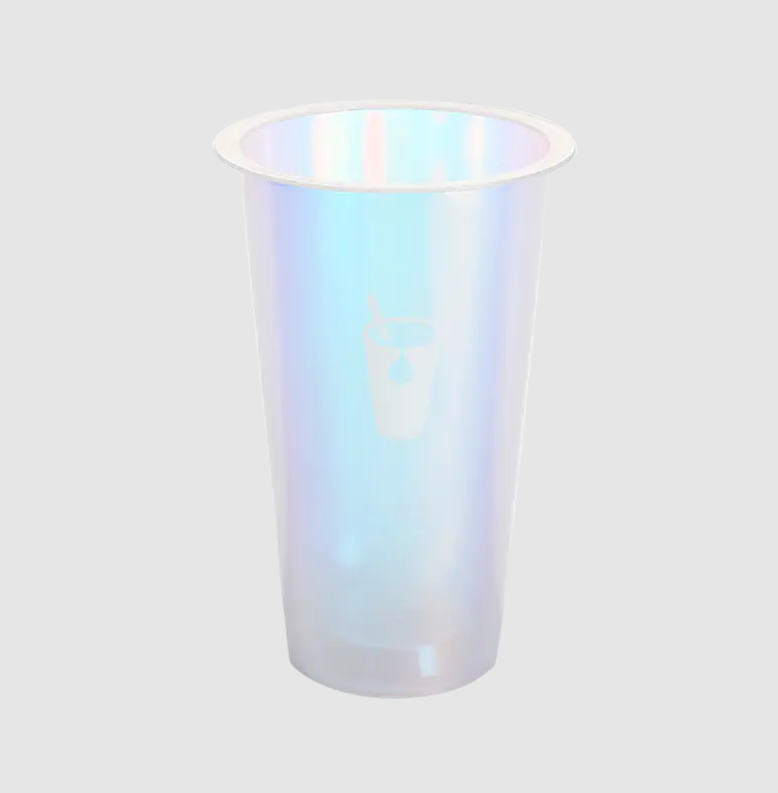PP plastic cups have emerged as a popular choice due to their numerous benefits that cater to these needs. Their ability to withstand a variety of temperatures without compromising their structural integrity makes them suitable for serving both hot and cold beverages.
The non-porous surface of PP plastic cups prevents the absorption of liquids, which is essential in maintaining the freshness and taste of the beverages they contain. This feature also aids in the ease of cleaning, as there is no risk of residue or bacterial growth within the material. The cups' design often includes features that enhance user experience, such as ergonomic shapes and secure lids, which are particularly beneficial in fast-paced food service environments.
PP plastic cups are also appreciated for their cost-effectiveness. The lower production cost compared to other materials like glass or ceramic translates to savings for businesses, which can be passed on to consumers in the form of competitive pricing. Moreover, the lightweight nature of these cups reduces the overall weight of the goods being transported, leading to reduced fuel consumption and emissions.
In terms of environmental impact, the recyclability of PP plastic cups is a significant advantage. Many establishments are now opting for eco-friendly practices, and the use of recyclable cups aligns with these initiatives. The cups can be collected, processed, and turned into new products, contributing to a more sustainable future.
In conclusion, PP plastic cups play a vital role in the food service industry by offering a balance of functionality, cost-effectiveness, and environmental responsibility. Their widespread use is a testament to their ability to meet the diverse needs of this sector.



